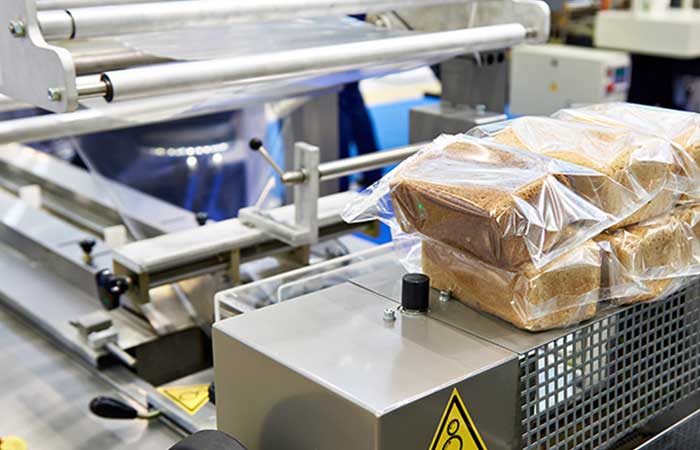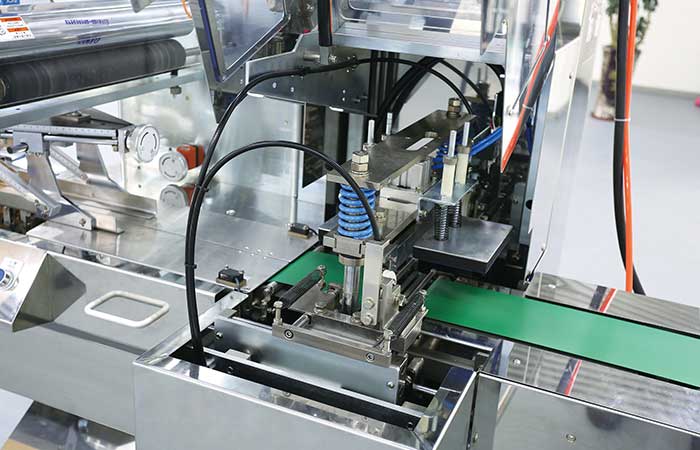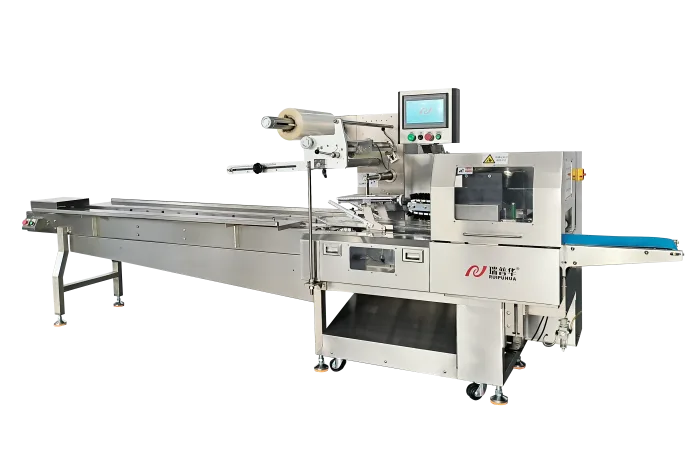Revolutionizing Food Packaging Systems: A Sustainable Approach
Revolutionizing Food Packaging Systems: A Sustainable Approach
In the realm of food packaging, sustainability has become a focal point for companies aiming to reduce their environmental footprint. Traditional packaging methods often contribute to waste and pollution, prompting a shift towards innovative solutions that prioritize eco-friendliness without compromising functionality.
One such approach gaining momentum is the use of biodegradable materials for packaging. Companies are increasingly turning to options like compostable plastics, plant-based packaging, and even edible wrappers to minimize the impact on the planet. These materials break down more easily than traditional plastics, reducing the overall environmental burden.
Another key trend in food packaging systems is the incorporation of smart technology. From intelligent labels that monitor freshness to RFID tags that track products throughout the supply chain, technology is transforming the way we package and distribute food. These innovations not only enhance food safety and traceability but also help minimize food waste by ensuring products are consumed before reaching their expiration date.
Moreover, the concept of minimalistic packaging is gaining popularity as consumers become more conscious of excessive waste. Companies are rethinking their packaging designs to prioritize simplicity, using fewer materials and focusing on reusability. This shift towards minimalistic packaging not only reduces waste but also resonates with environmentally conscious consumers who prefer sustainable products.
When it comes to sustainable food packaging, circular economy principles play a crucial role. By designing packaging with recyclability and reusability in mind, companies can create a closed-loop system that minimizes waste and resource consumption. Implementing strategies such as refill stations, package return programs, and upcycling initiatives can further enhance the sustainability of food packaging systems.
In conclusion, the journey towards revolutionizing food packaging systems involves a multifaceted approach that integrates sustainability, technology, and consumer preferences. By embracing innovative materials, smart packaging solutions, minimalistic designs, and circular economy principles, companies can create a more sustainable future for food packaging. As the industry continues to evolve, prioritizing eco-friendly practices will be essential in reducing waste, lowering carbon footprints, and meeting the growing demand for environmentally responsible packaging.
-
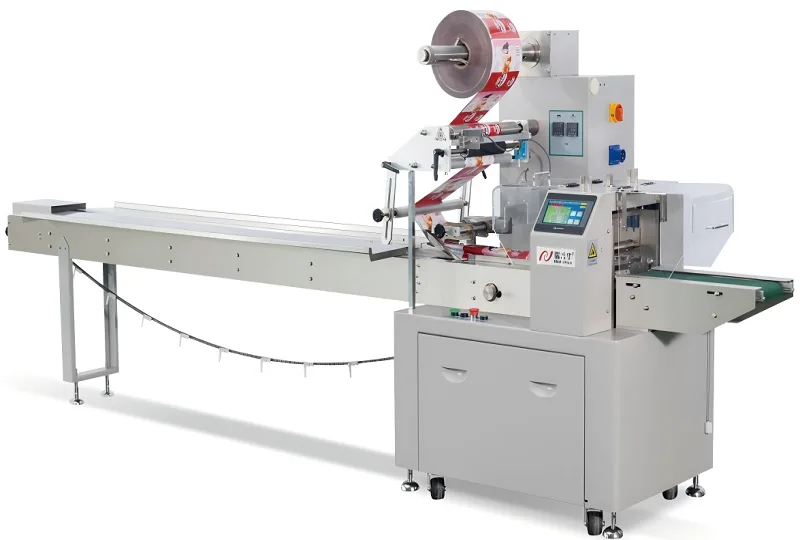 01
01Automatic Tray Loading and Packaging Equipment: Boost Efficiency to 160 Bags/Minute
21-11-2025 -
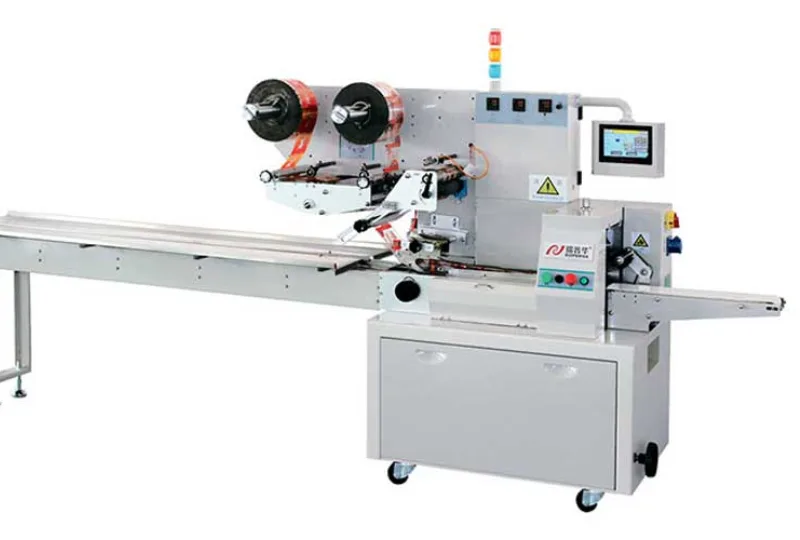 02
02Automatic Soap Packaging Machine: Boost Productivity with 99% Qualification Rate
21-11-2025 -
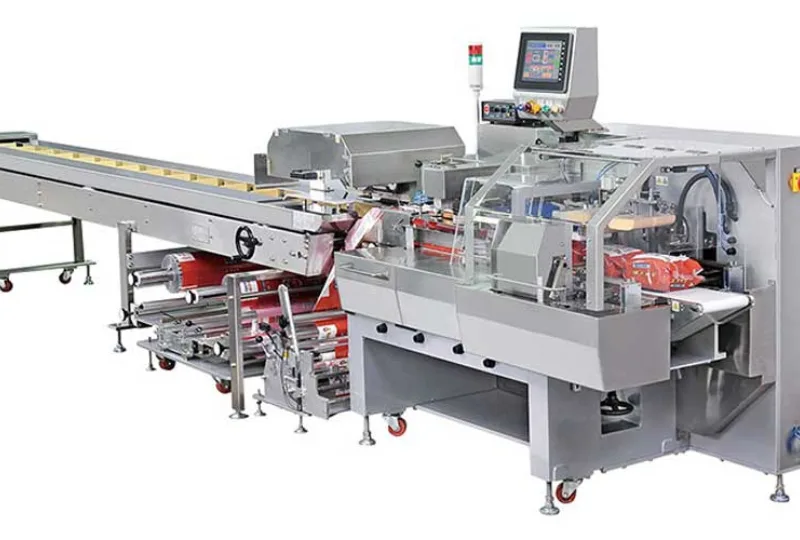 03
03A Deep Dive into Automatic Toast Processing and Packaging System
18-11-2025 -
 04
04The Future of Bakery Production: Automated Toast Processing and Packaging System
18-11-2025 -
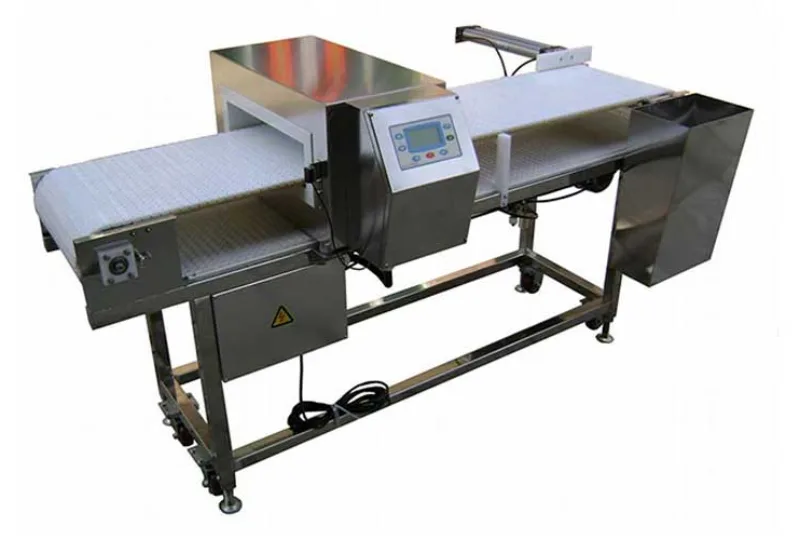 05
05Reliable Food Packaging Solutions with China Bread, Candy, and Biscuit Machines
11-10-2025 -
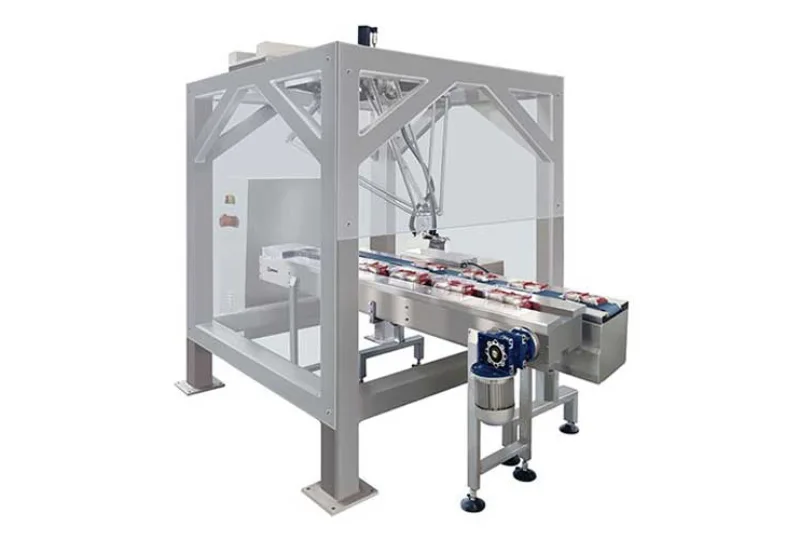 06
06High-Performance Automated Food Packaging Equipment for Modern Production
11-10-2025 -
 07
07Reliable Pillow Packing Machines for Efficient Packaging Operations
11-10-2025 -
 08
08Advanced Fully Automatic Packaging Solutions for Efficient Production
11-10-2025 -
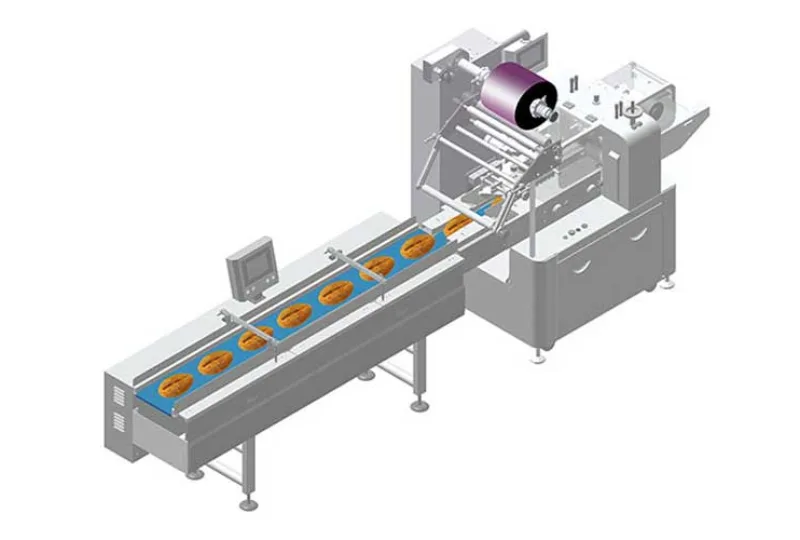 09
09Efficient Automatic Food Packaging Solutions for Modern Production
11-10-2025 -
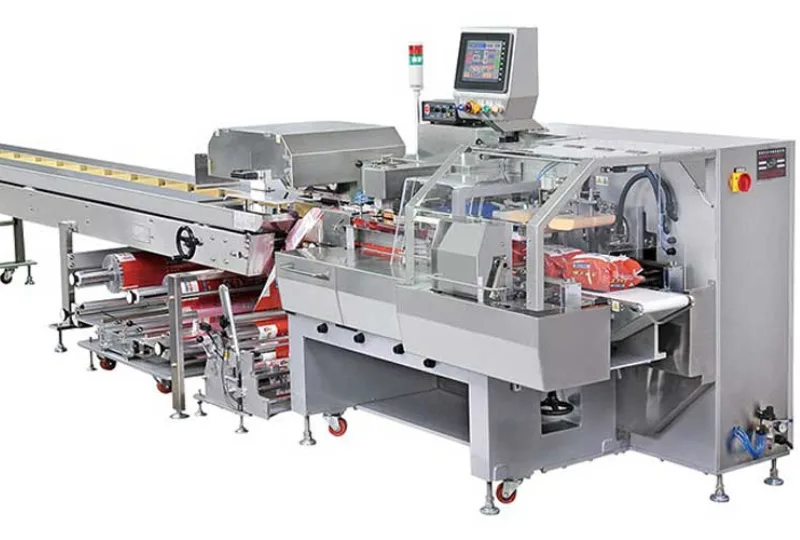 10
10Advanced Automatic Packaging Equipment for Efficient Production
11-10-2025



